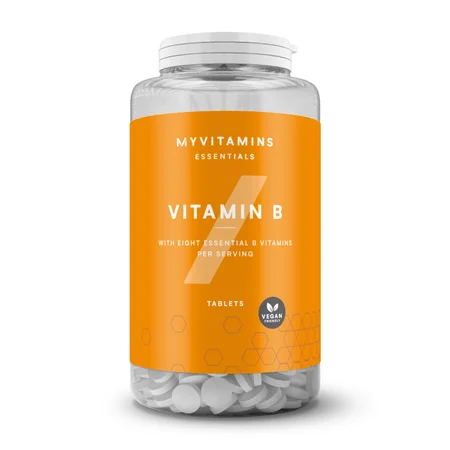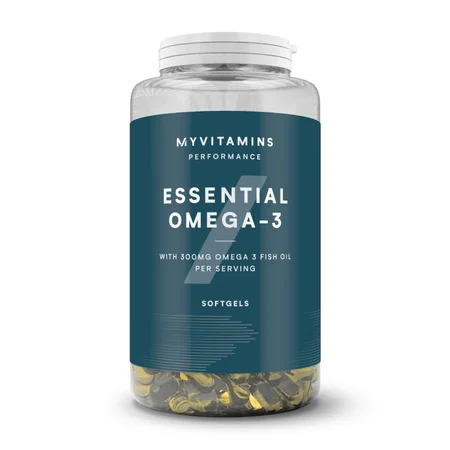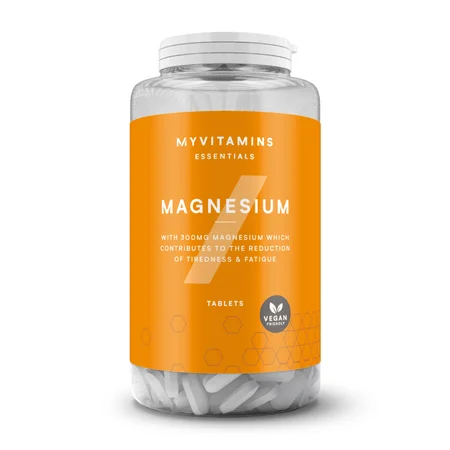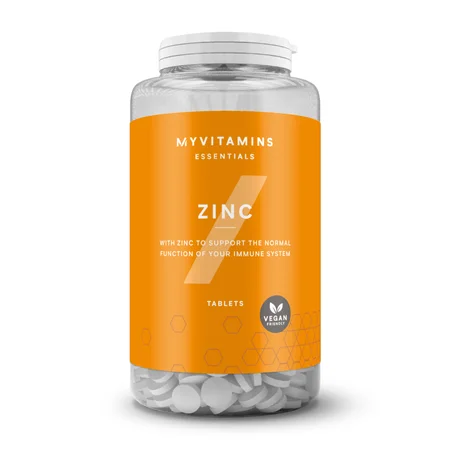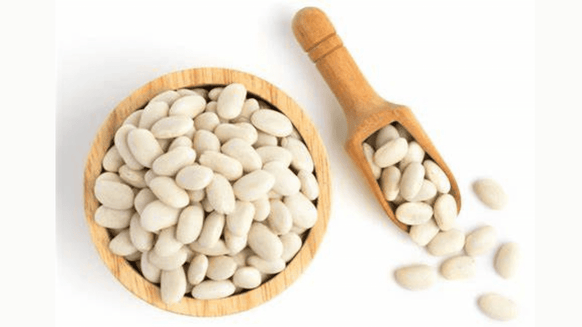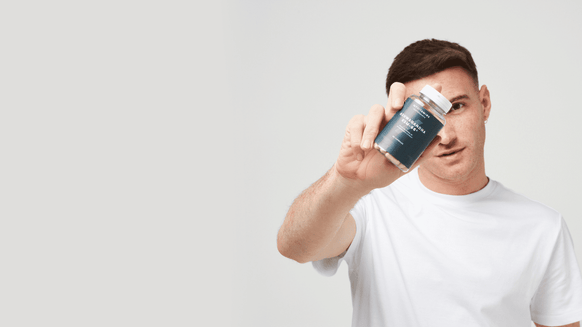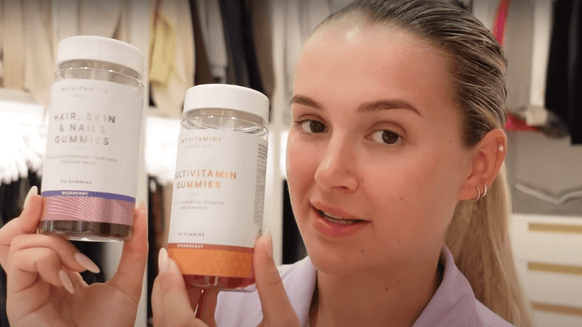5 Best Supplements To Take On Your Period

During menstruation, many women face uncomfortable symptoms which can impact quality of life. Research suggests that fluctuating hormones and changes during the period may result in a need for increased nutrient intake. Some nutrients and supplements may, therefore, be beneficial for reducing the severity of these side effects.
Read on to discover which period supplements to incorporate to help ease symptoms at that time of the month.
What Is The Menstrual Cycle?
The menstrual cycle is a span of approximately 28 days in which hormonal changes prepare the body for pregnancy. This cycle may last more or less than 28 days, depending on the individual. Normal cycles may range from 21-35 days (1).
Fluctuations in hormones such as oestrogen and progesterone cause the uterus lining to thicken. During ovulation, an egg (ovum) is released from the ovaries. If the ovum is not fertilised, the body sheds the uterus lining and ovum during the menstrual period (2).
Why Do Some People Have Period Cramps?
Period cramps can occur in the days leading up to menstruation, and continue for several days. They are caused by increased hormones, such as prostaglandin, which is responsible for uterine contractions and shedding. Higher levels of prostaglandin leads to more severe period cramps. While uncomfortable, these cramps are very common, and most women will experience them at some point (2).
Should I Take Supplements On My Period?
While not everyone experiences period pain or cramps, other symptoms can put a dampener on normal daily living. Bloating, breast tenderness, headaches, diarrhoea, low libido and mood swings are all commonly experienced during a period. However, there may be some benefits to taking supplements during this time of the month, for both period cramps and other symptoms.
Some of the best supplements you can take on a period include:
- Vitamin B6
- Omega 3
- Magnesium
- Iron
- Zinc
Vitamin B6
Vitamin B6 contributes to the regulation of hormonal activity and helps produce energy from food. It is a water-soluble vitamin found in a variety of food sources, such as poultry, tuna, salmon, fortified cereals, brown rice, chickpeas, and dark, leafy greens.
Research suggests that vitamin B6 supplementation may reduce pre-menstrual syndromes (PMS) symptoms such as period cramps, back pain, low mood, and anxiety. Furthermore, vitamin B6 is known to boost hair, skin and nail health, reduce tiredness and fatigue, and support red blood cell formation. This is particularly important during menstruation, especially for those who lose a lot of blood (3).
Omega 3
Omega-3 fatty acids are a team of essential polyunsaturated fats. They are most commonly found in oily and fatty fish varieties, such as salmon, sardines, mackerel, and anchovies. However, they can also be found in smaller quantities in plant foods, such as walnuts, chia seeds, and flax seeds.
As a period supplement, omega-3 helps to reduce inflammation that may be associated with period cramps, leading to less pain. Omega-3 fats also have a role in supporting normal emotional wellbeing, benefiting those who may suffer from low mood and anxiety during their period (4).
Magnesium
Magnesium is a vital mineral that helps to maintain hormonal health. It is most commonly found in plant-based foods such as chickpeas, lentils, whole grains, almonds, chia seeds, bananas, dark chocolate, and dark, leafy greens.
Its role in supporting hormonal health helps to stabilise fluctuations during the menstrual cycle. Furthermore, magnesium has been found to help with the relaxation of the smooth muscle of the uterus, therefore reducing period pain. Magnesium is also involved in supporting and calming the nervous system, so supplementation may help regulate mood and headaches (5).
Zinc
Zinc is an essential mineral with a wide variety of functions and benefits, such as supporting the immune system and cognitive function. It is found in a wide array of food sources, such as red meat, legumes, potatoes, milk, almonds, whole grains and kale.
During the menstrual cycle, zinc promotes fertility through the nourishment of the ovarian follicles. As a period supplement, zinc reduces inflammation and prostaglandins, and has therefore been suggested to reduce symptoms of PMS, such as cramps, headaches, mood swings and breast tenderness (6).
Iron
Iron is a crucial mineral in women’s health due to its primary function of supporting the formation of red blood cells and haemoglobin in order to transport oxygen around the body. If your periods are heavy and you lose more blood, you are at a greater risk of iron deficiency and anaemia. Anaemia can make you feel tired, lethargic, and dizzy, and you may experience shortness of breath. Furthermore, low iron intake has been associated with increased severity of PMS symptoms (7).
Iron-rich foods include kale, legumes, red meat, nuts, dried fruit, and fortified cereals. Combining your iron-rich foods with a source of vitamin C helps to improve absorption further. Supplementation can help reduce the risk of a nutritional shortfall and may promote other benefits such as less fatigue during your period.
Take Home Message
Many women deal with uncomfortable and often debilitating period cramps and PMS symptoms during menstruation. Fluctuating hormones and increased inflammation and prostaglandins can intensify cramps and make the monthly period a painful experience.
Increasing foods rich in vitamin B6, omega-3 fats, magnesium, zinc and iron, or supplements if the diet is not adequate, can help relieve some of these symptoms. Relaxation of the uterine lining, reduction of tiredness and fatigue, and support for emotional health are just a few of the benefits involved in taking a period supplement.
Talk To Your Doctor
No medical claims have been made in this article. If you are struggling with menstruation symptoms and considering implementing period supplements or vitamins for period cramps, consult your GP.

